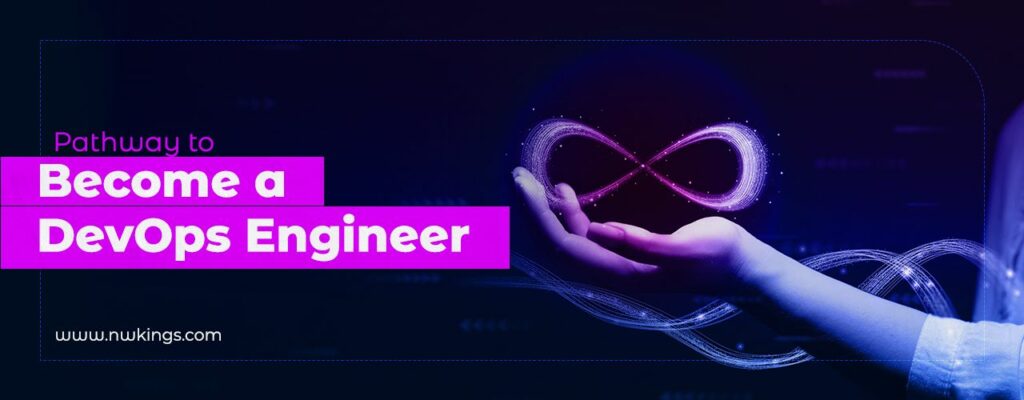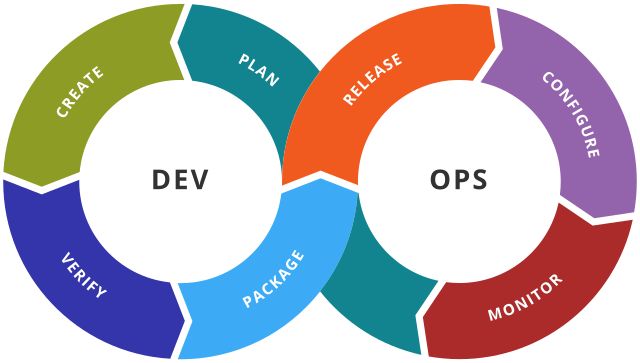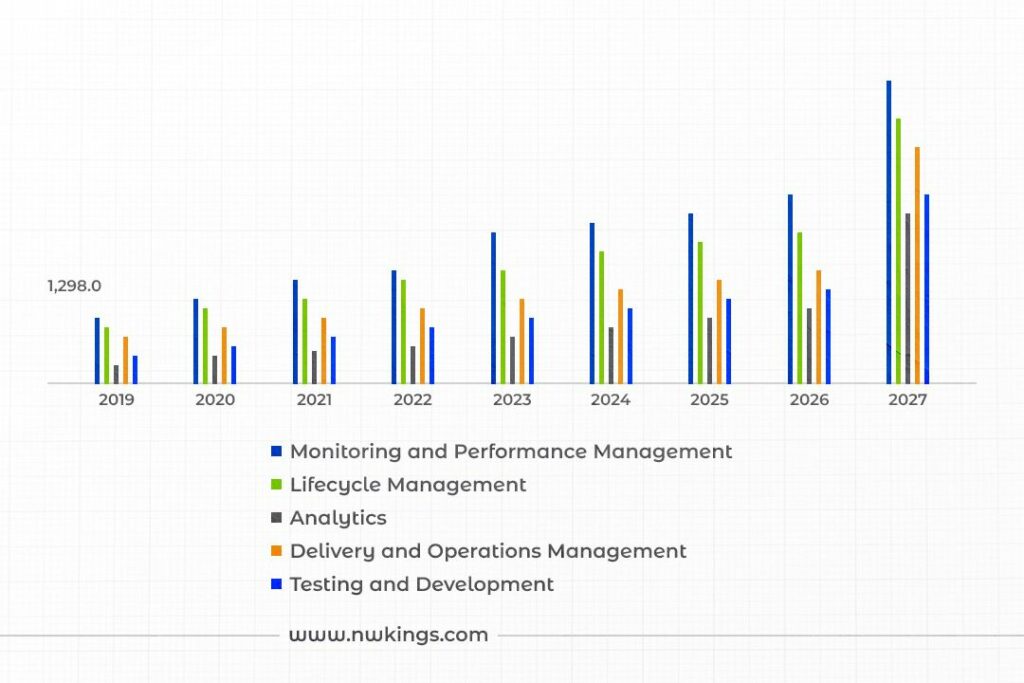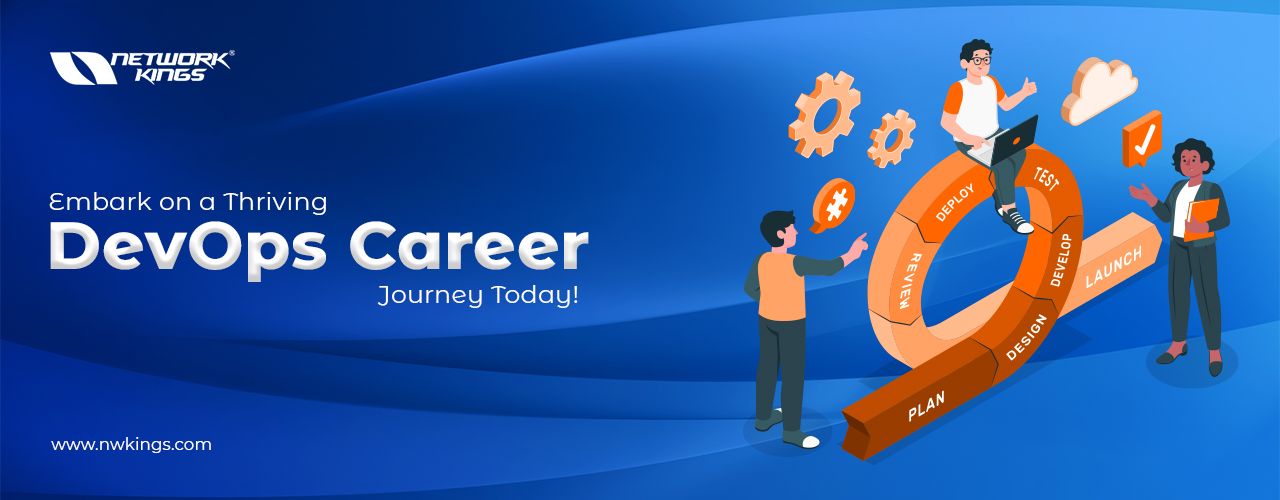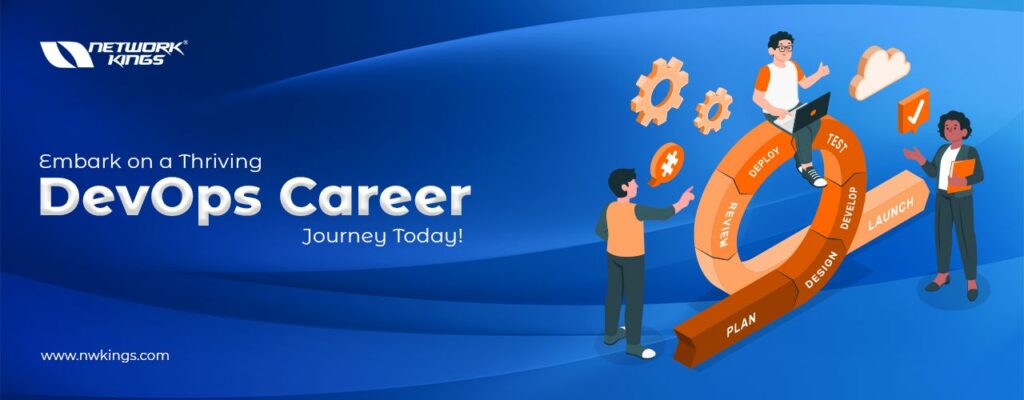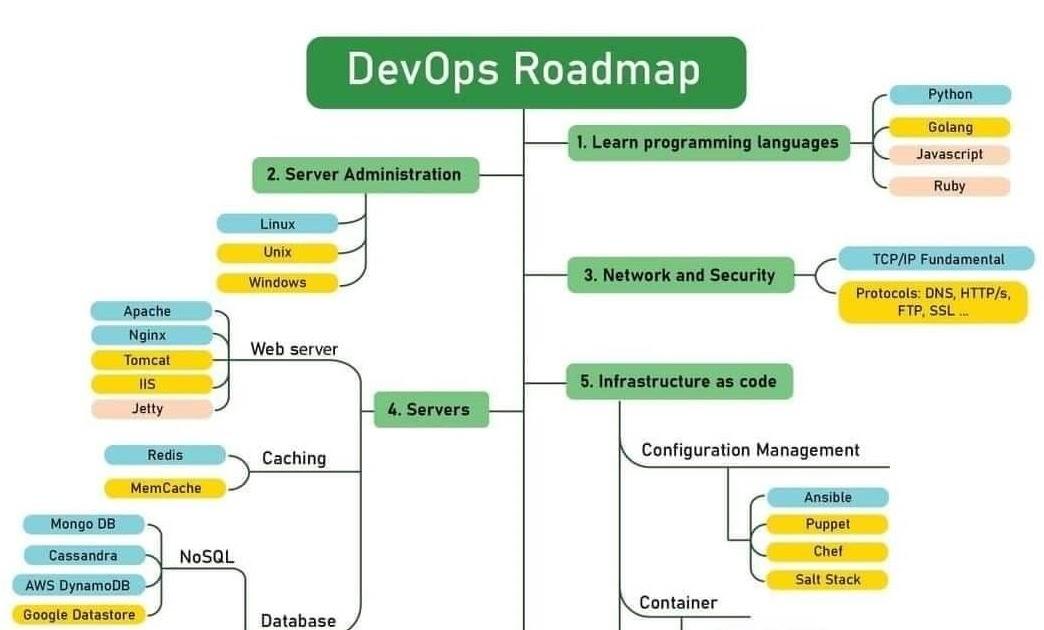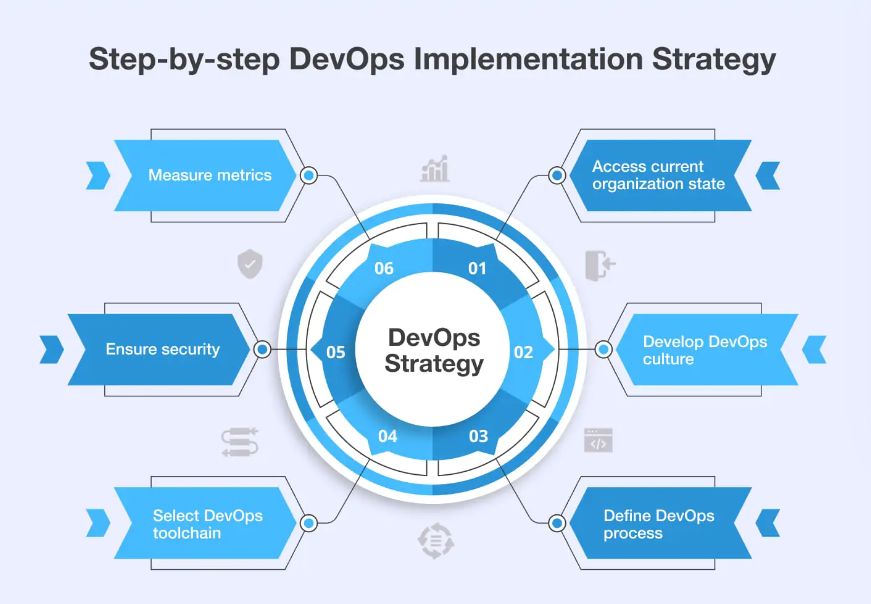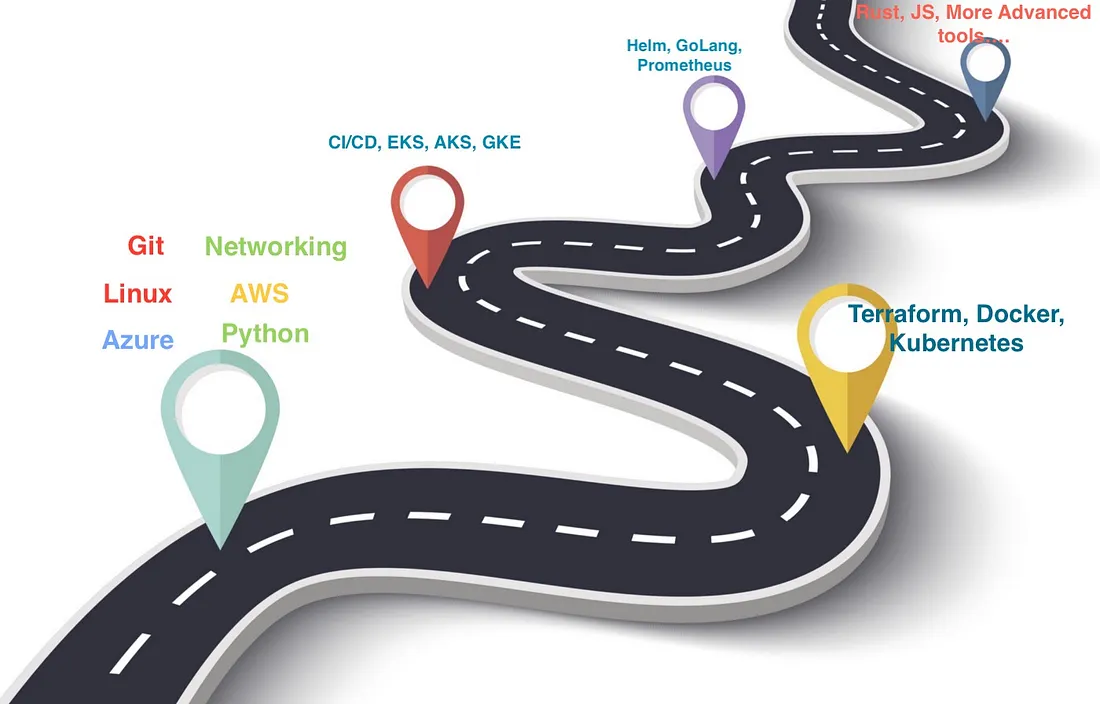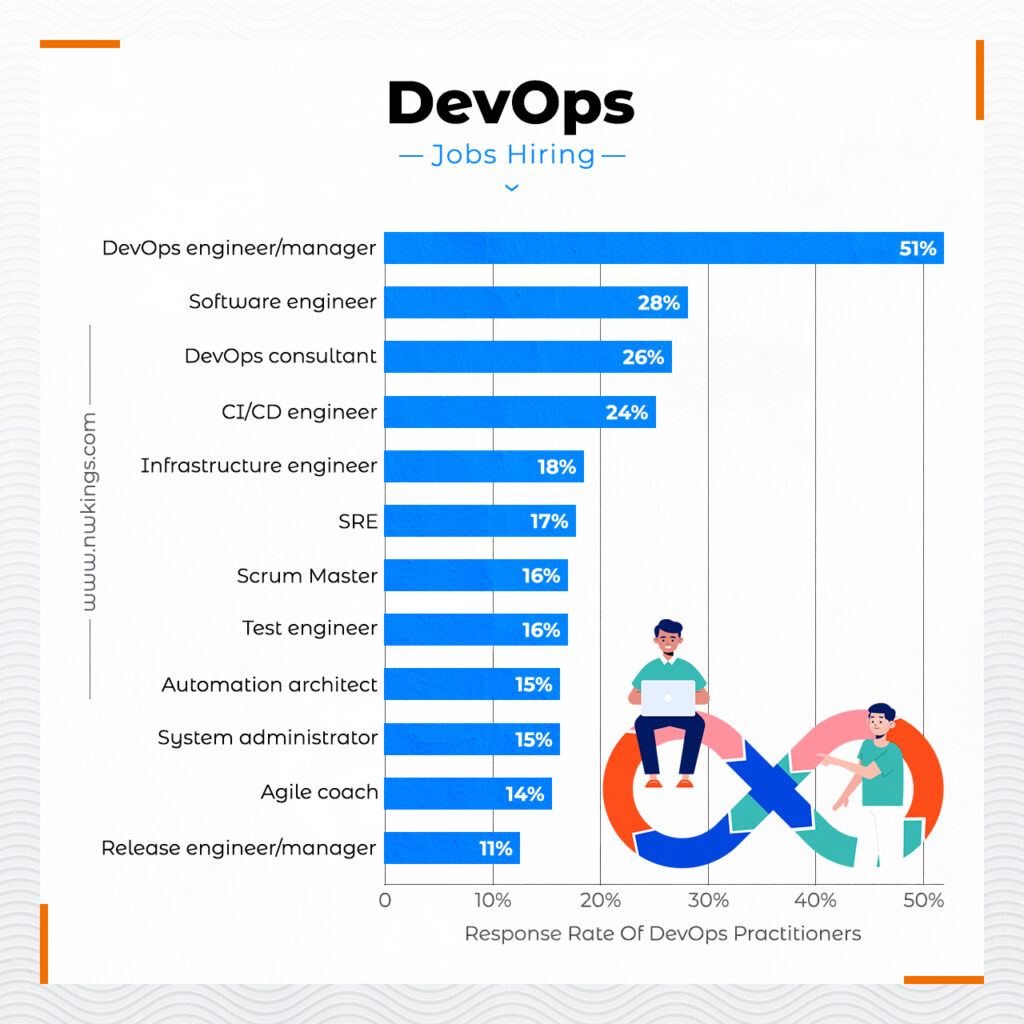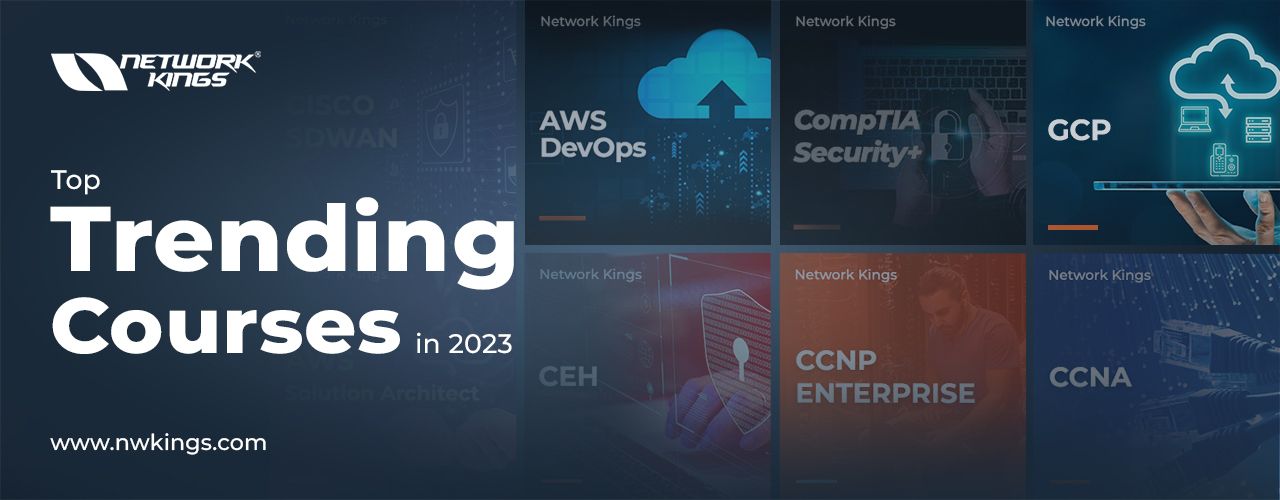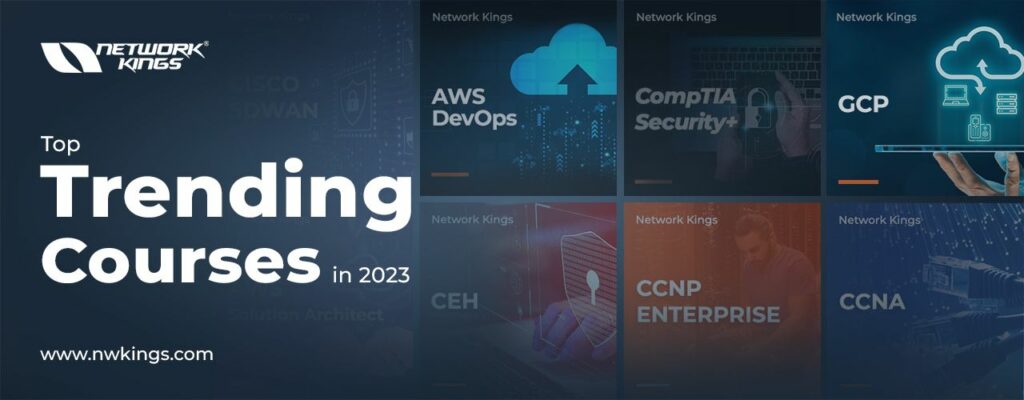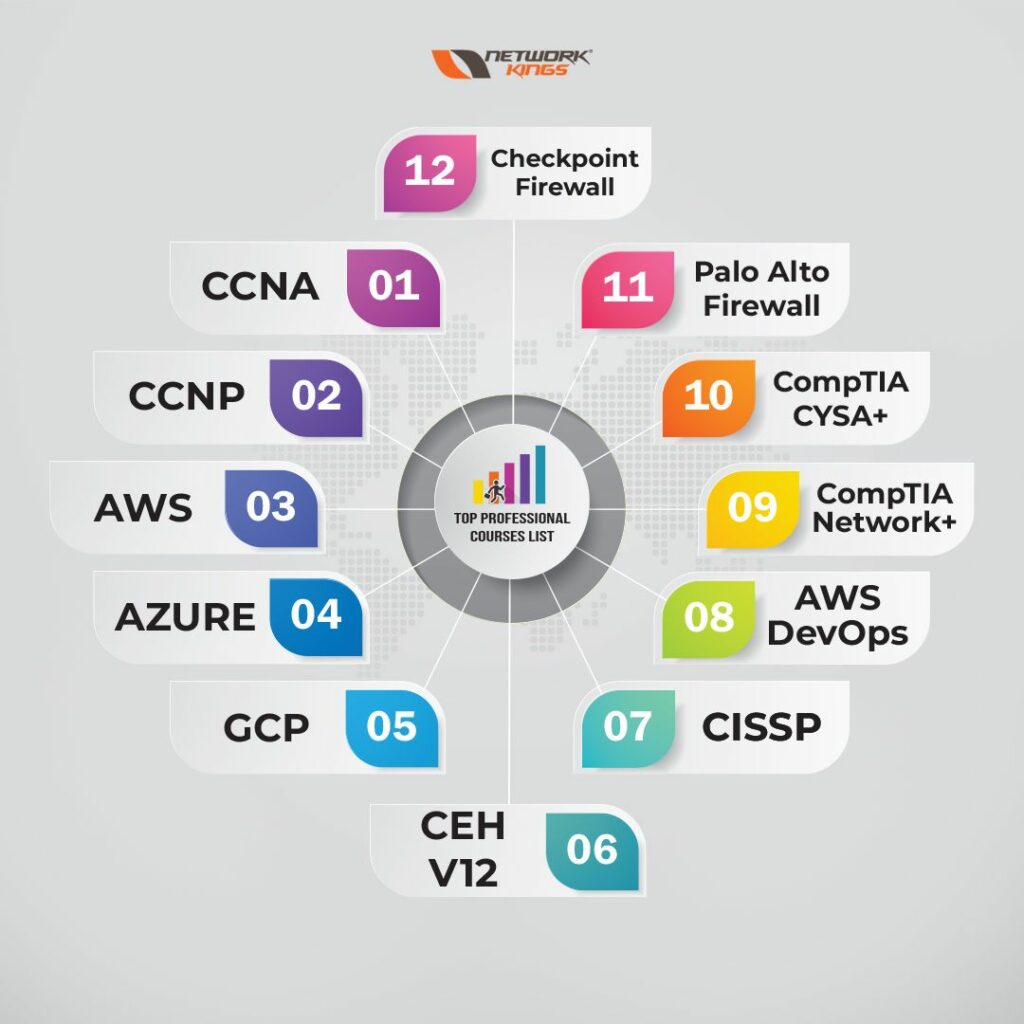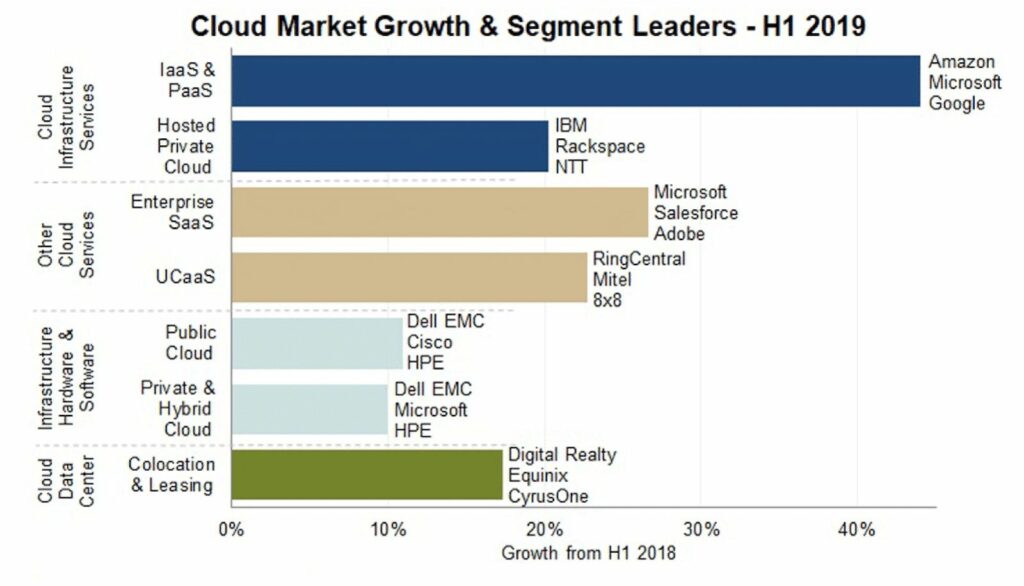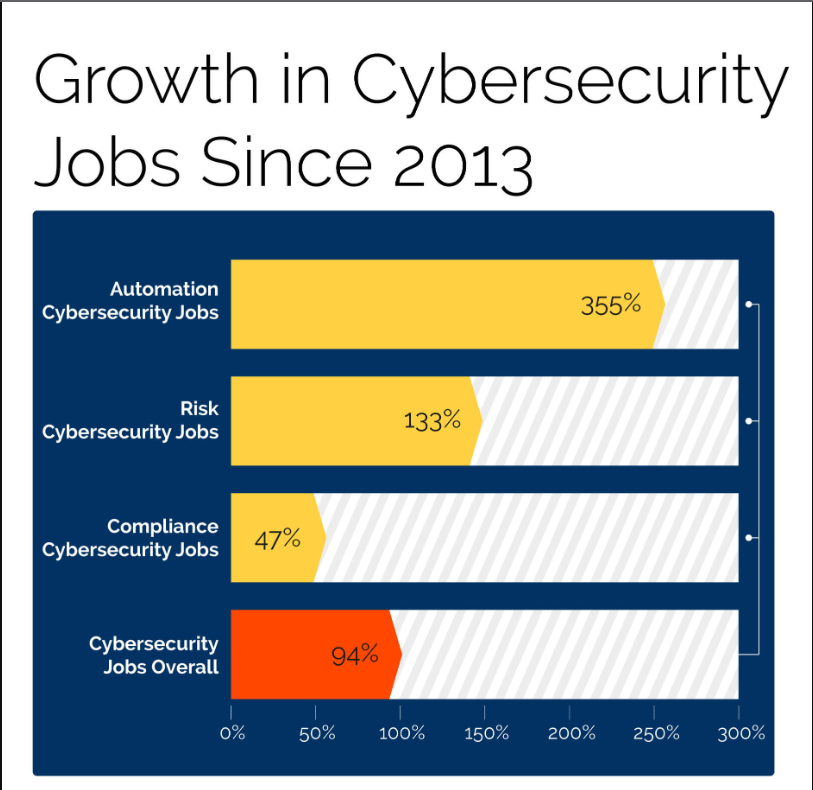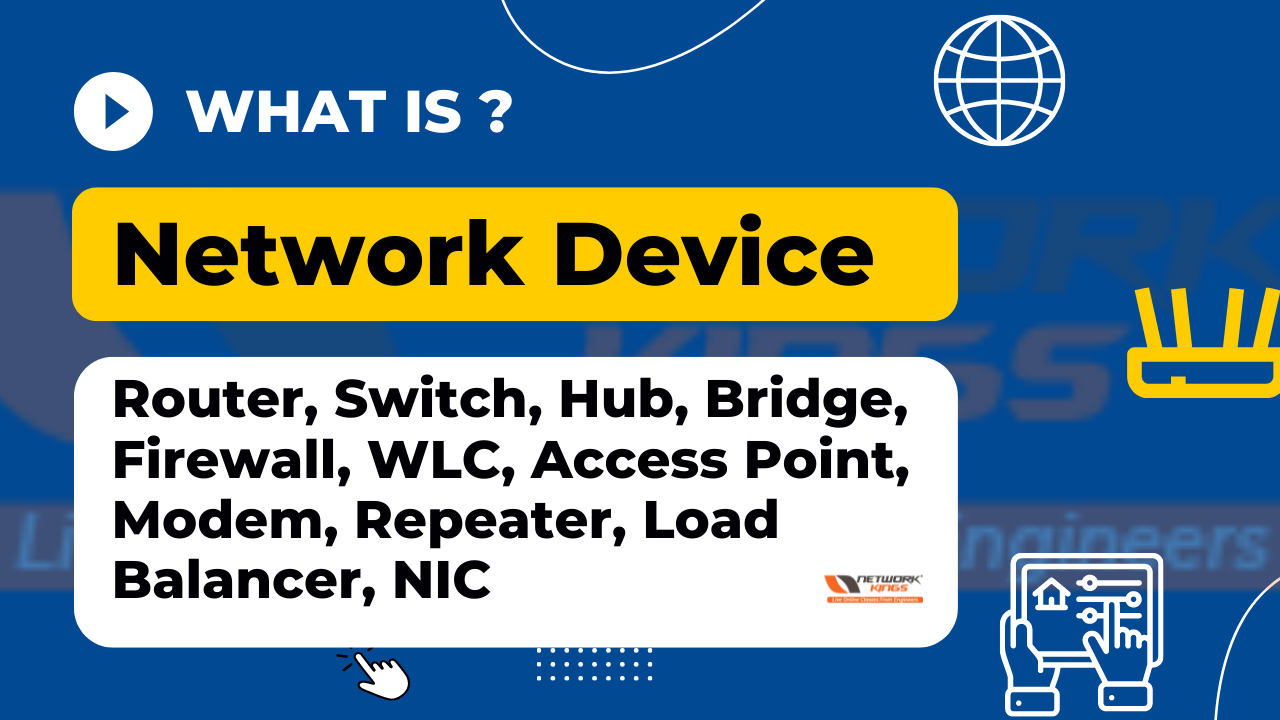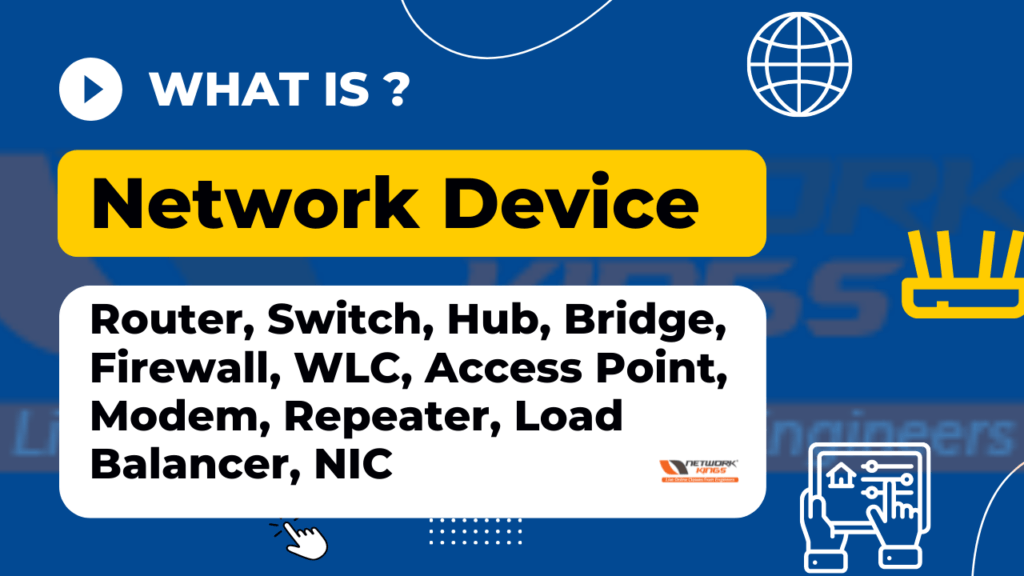
Wondering what after Btech? If yes, you have come to the right place. B.tech graduates must have a plan in place when entering the job industry to find their dream role, especially since there are more and more people graduating each year with these qualifications, making it more difficult than ever before to stand out from your peers is very crucial.
You require a well-thought-out career plan; without one, you may be at an extreme disadvantage compared to others who have clear goals for where they want their professional life to go.
Importance of Career Planning for B.tech Graduates
Tech graduates may struggle to search for the right job opportunities or settle for jobs that don’t fit their interests and abilities.
The major difficulty B.Tech graduates face is not having a precise idea of what they want in their careers. Many students enter the labour market without knowing who they are, what skills they possess, and which direction in life they would like to take. This lack of understanding can make them feel lost while seeking employment; plus, nowadays, there is so much volatility in the tech industry – making things even more difficult for recent B Tech grads!
B.Tech grads must stay on top of the hottest industry trends and tech to remain competitive in the job market.
What after Btech? Your Pathway to Success
What kind of career options do B.Tech graduates have?
If you are a B.Tech graduate, you will find that there is no shortage of choices when it comes to picking your profession depending on what area interests you or which field has used special skills developed during your coursework studies.
The most popular career options for Btech Graduates are:
- software programming,
- data analysis,
- networking engineering
- cybersecurity
- defence systems,
- protection measures, and implementation process specialists like AI and robotics experts,
- avionics specialist (in aerospace), e-commerce expert, etc.
What skills do you required to Pursue these career options after Btech?
To get eligible for an occupation profile related to this particular field knowledge connected specifically with coding languages such as Java C++ and Python becomes mandatory along with sound programming ability -which would help shape up core competency areas required within specific profiles based largely upon general job description parameters being looked into by prospective employers.
To pursue their dreams in the IT Sector, they need specialized knowledge. So, what does it take for B Tech grads?
Software Development:
When it comes to software development, understanding the methods and frameworks used is the path, if you desire to become an expert programmer or work on embedded systems projects. Along with that, familiarity with various programming languages would be helpful as well.
Data Analysis:
Data Analysis requires maths and stats skills, which form the foundation of this field, so make sure your skill set encompasses those areas. Also, knowing how to use machine learning tools such as Python, R language, or SQL is mandatory.
Network Engineering:
Networking engineering may seem like quite a hotspot sector right now but there is more than just glamour associated with it. You will also require technical know-how when configuring devices connected over networks and having an eye towards security matters too as cybercrime threats exist there. Finally, let us talk about Cybersecurity – Nowadays, it has become an even more essential component of due diligence because we do not want bad guys accessing our confidential information online. Tech graduates must comprehend computer networks, encryption algorithms, and safety protocols. Additionally, they should be knowledgeable about ethical hacking techniques, as well as, cybersecurity tools.
Artificial Intelligence:
AI (Artificial Intelligence) and robotics are fresh fields that offer thrilling career opportunities for B.Tech grads. To thrive in these areas, students must have a solid base in mathematics, coding, and machine learning competencies. Plus, it is also beneficial if they possess some knowledge of AI frameworks and robotics platforms.
Constructing an Impressive Professional Network
Getting linked up with the right people certainly counts when you need to succeed professionally – Constructing an impressive professional network is critical for B Tech Graduates. By this, one can tap into resources which otherwise would not be available or accessible so easily. You never know who may become your mentor/coach/guide down the line. It is all about creating good connections a relationships along the journey. So networking events like industry conferences and many more could prove worthwhile investments from this perspective, especially since tech trends keep evolving rapidly each day.
Building a Professional Network for B.Tech Graduates One of the best things about being a B.Tech graduate is that it can open up doors to new job opportunities and provide you with valuable advice and guidance along the way. A professional network consists of people willing to offer support and suggestions and even refer potential employers – so how do you go about building one?
Heading out to industry events such as conferences or seminars is usually an effective way when we have to make connections in our field. It is essential that any B. Tech graduates actively participate on these occasions – conversation flows easily when everyone has similar interests! Also, exchanging contact information after may be helpful should mentorships arise later on.
Don’t forget the online world either; LinkedIn offers excellent options for increasing your presence within professions by interacting with other professionals worldwide from the comfort of your home if networking face-to-face isn’t feasible for some reason.
Tech graduates put together a convincing LinkedIn profile, emphasizing their talents, experiences, and career plans. They should interface with experts in their preferred field of study and become part of exchanges by commenting on posts and sharing pertinent content.
What’s more, B.Tech graduates can join expert associations related to the area they’re interested in. These organizations frequently organize networking occasions and provide assets and support for professional development. By taking an active role at these get-togethers, students may increase their network connections with significant industry knowledge.
Crafting an Impressive Resume and Cover Letter
Creating a great resume and cover letter is essential for B.Tech graduates to make the best first impression on potential employers. These documents are like introducing yourself to someone, so you must stand out!
When putting together your resume as a B.Tech graduate, showcase any technical skills you have gained through coursework or internships with projects or awards earned during your studies. Don’t forget certifications because they help put some extra weight behind what makes you extraordinary.
It’s pivotal to personalize the resume for specific job requirements and use action words to portray their achievements. The cover letter should enhance the CV by summarizing the graduate’s skills, encounters, and career targets. B.Tech graduates ought to utilize this opportunity to explain why they are interested in the company and how their abilities correspond with the role criteria. It is crucial to keep it clear-cut without any mistakes.
How to Prepare for a Job Interviews after Btech?
Getting ready for job interviews is critical for B Tech students
Tech graduates should make a good impression on potential employers and boost their chances of getting an ideal job. Here are some tips for interviewing:
Look into the company
B. Tech graduates must research deeply into the firm they’re being interviewed by. They ought to get familiar with the company’s products, services, mission statement and values to mould their answers with those goals.
Rehearse typical interview questions
B. Tech grads could practice common questions ahead of time; if asked any during interviews, they can be ready to answer them promptly without hesitation or sounding too rehearsed or robotic!
Tech graduates should practice responding to frequent interview questions like “Tell me a bit about yourself” and “Why do you want this job?”. They should have concise, thoroughly thought-out answers that showcase their qualifications and experiences.
Dress the Part
B.Tech grads should dress sharp for the meeting. Put on professional attire and ensure their arrangement properly. Making an effort means showing how seriously they take it.
No Showing Up Late
To avoid negative impressions, techies shouldn’t be late; punctuality speaks volumes when trying to land a desired position. Getting late for an interview can give a poor impression and signify that you might not be as professional as the employer would like. It’s important to remember to have respect when speaking about past employers or coworkers to demonstrate your character, which will help illustrate that you are qualified to work well with others. Asking questions during interviews also shows interest in the job and company – so it is essential for B. Tech graduates. Being prepared with a list of inquiries ahead of time is crucial. Navigating the Job Search Journey: Asking Questions, Exploring Options, and More
Searching for a job can be daunting for B.Tech graduates – but there are some ways to make it more achievable. Here is how you should go about hunting down that dream role:
Check out job boards
Start your search by trawling through popular websites such as Indeed, LinkedIn and Glassdoor; they are great resources to begin your hunt! You will also get an idea of the roles available in particular industries or locations. Also, if potential employers have left reviews on these sites – this is extra helpful information.
Don’t forget to ask questions
It is crucial not only to look at what jobs are available now– you need to research those companies which might offer even better opportunities for you in future. When trying to find out more details before applying, do not hesitate to reach out with queries. Apart from salary expectations, What kind of values does the company uphold? Are there chances for career growth? Would I fit their existing culture? These questions will help narrow down whether a particular opportunity suits your needs.
Create Profiles on Social Platforms and Set Up Job Alerts
Attend Networking Events for Opportunities to Connect with Professionals from the Industry
Leverage Your Network Through Social Media
Creating profiles on social media platforms and turning on job alerts can unlock new opportunities for B.Tech graduates. When we turn on the notifications, it is easy to get notified.
Networking events are a great way to get your foot in the door – you get an opportunity to meet experts in their field of interest while exchanging contact info with others. It is crucial that graduates attend these gatherings, engage confidently and take part without hesitation.
Social media sites like LinkedIn, Twitter or Facebook can boost networking efforts by connecting users directly with professionals in their desired career path. Joining related groups should become second nature so that newly made colleagues stay connected – Also, it helps join conversations around topics within your industry!
Get Recommendations
B.Tech grads should reach their contacts and ask for referrals. Referrals can increase the chances of landing an interview and provide helpful information about a company’s hiring processes.
Look Into Internships & Freelance Work
Doing internships or freelance work is a great way to build experience and show off your portfolio skillsets acquired during college years; it helps you get hands-on with industry knowledge while still pursuing your degree.
Polishing Up Your Soft Skills for Career Success
Having technical qualifications like a B.Tech is vital in succeeding career-wise, but honing those desirable soft skills, such as communication abilities, problem-solving capabilities etc., also counts towards success later that succeed when applying/interviewing for jobs – so do not forget them!
As a B.Tech graduate, developing essential soft skills is as crucial for career success as anything else. Soft skills are our traits and characteristics that permit us to communicate with others in both verbal and non-verbal ways.
What kind of soft skills should Techies have?
Here’s the lowdown:
Communication
Being able to clearly express one’s thoughts and concepts – especially when it comes to technical matters – can be tricky. That’s why good communication is necessary for tech graduates so that they can get their ideas across and collaborate well with team members.
Problem-Solving Ability
Problem-solving ability plays a significant role in any field these days–and tech roles are no exception! A successful techie needs solid problem-solving capabilities to comprehend complex issues and find workable solutions based on limited information.
B.Tech grads need to have some abilities, like the capacity to think critically and produce creative solutions; teamwork aptitude that allows them to work productively in a group setting without any problem, such as working together with other members of their team, exchanging ideas and making sure they all contribute positively for success; flexibility – those who just graduated from B.Tech courses must stay informed on current tech trends while being open-minded when it comes to learning new methods or technologies; plus time management which implies organizing tasks efficiently so deadlines are met.
Do you have what it takes? Tech grads should possess strong time management skills to organize their projects and complete tasks quickly. Having the ability to effectively manage one’s resources and handle multiple tasks at once is essential if you’re going to remain competitive in today’s job market.
Staying Up-to-Date with Industry Trends and Technologies
For B.Tech graduates to stay ahead of the curve, they must keep up with industry trends and technologies which are ever-changing due to advances and alterations within this field. Here are some tips:
Read trade magazines
Keeping abreast by subscribing to industry publications will help those graduating from B Tech courses become informed about new developments which could potentially boost your abilities than just what was learned during university studies.
Tech grads should keep up with the latest trends and technologies by reading industry publications, blogs, and forums. Subscribing to newsletters is also a good idea and following influential professionals in their field of interest.
Take Advantage of Online Courses
Platforms such as Network Kings provide online courses on multiple topics. It would be wise for B.Tech graduates to take advantage of these platforms to acquire new skills or become familiarized with emerging tech.
Top online courses provided by Network Kings are as follows-
- CCNA course
- CCNP course
- CCIE course
- SD-WAN course
- CEH course
- AWS course
- Azure course
- GCP course
- Linux course
- Red Hat Linux course
- MCSA course
- CompTIA courses
- Cloud Computing course
- IT networking course
- cyber security course
Webinars & Workshops
Attending webinars and workshops gives you chances to learn from experienced industry professionals while getting first-hand knowledge on current advancements in your sector.
Tech grads should be proactive at these events and take part in conversations.
Get involved with professional organizations
B.Tech graduates need to join up with specialized groups and affiliations linked to their specific field of interest. These associations usually provide tools, webinars, and seminars that help members remain updated on the newest industry trends.
Enter hackathons & ncoding challenges
Hackathons and dcoding competitions give opportunities for working out real-life issues and exhibiting technical knowledge. B Tech alumni must be active players in such tournaments to get practical experience and connect with experts from the sector.
Doing something like this is a better way for recently graduated tech students to build relationships within an established network – it could even lead them closer towards employment!
Negotiating Job Offers
Tips for Getting the Best Deal Getting a good deal on your job offer is an essential skill that B.Tech graduates must hone to maximize their potential success. Here are some tips to help you get ahead of the game when negotiating job offers:
Research salary ranges
It is crucial for all B.Tech grads to research what other people with similar positions and experience levels make in their industry and area – this way, they’ll have realistic expectations going into negotiations and can negotiate a fair wage.
Showcase your worth
When it is about discussing money, don’t be afraid to point out exactly why you’re worthy of more! Talk up values such as relevant skills or experiences that set yourself apart from the competition – emphasizing these points could give you leverage during negotiations.
How Can B.Tech Grads Negotiate Salary?
B.Tech grads need to know how to negotiate salary when they have to land a job or ask for a raise at their current one. Here are some tips on how they can do this:
Make your case
While negotiating, graduates should be able to articulate why they deserve the higher pay rate or better benefits package that they are asking for. They need to explain what additional value and expertise will bring to the company and emphasize why these qualities make them worth more than other candidates who possess the same experience.
Be flexible
B Tech graduates must keep an open mind while discussing wages with potential employers. Although getting fair remuneration is the key, there are plenty of other factors which could sweeten any deal, such as career growth opportunities, work/life balance situation and office environment! Allowing yourself room to wiggle in terms of considering different options can often lead you closer towards securing successful negotiations.
Practice negotiation skills beforehand
Before entering into talks about money matters with rigorous preparation practice makes perfect; doing so gives techies confidence, which helps tremendously during conversations surrounding salaries etc.
Career Planning is the key to being successful in the job search as a B.Tech graduate, career planning is the key. Individuals must explore their options and build connections with professionals within their chosen field. A strong resume and cover letter will go far in helping them stand out from other candidates during interviews or when applying for jobs online. Additionally, familiarizing themselves with industry trends keeps grads ahead of the competition while soft skills such as communication are necessary components of success after landing one’s dream gig. Lastly, negotiating salaries confidently also increases chances of getting accepted offers that properly reflect experience level and worthiness—allowing graduates to reach higher heights along their career paths.
Conclusion
To wrap up our discussion on effective strategies for transitioning into your desired profession post-graduation – let us highlight once more what we’ve discussed here. Researching different careers can help graduates find something they’re passionate about–plus having an extensive network helps open doors leading towards potential employers. You should ensure you have a rock-solid CV and cover Letter combo ready before starting any recruitment process —focusing on continually developing both technical abilities (such as keeping up-to-date with all new technologies) alongside specializing in interpersonal ones like excellent verbal/written communication techniques too.
Finally, remember that understanding how salary negotiations work takes practice, so get yourself out there by roleplaying scenarios either alone or preferably under guidance from mentors who know better than anyone else what could give your application an edge over others’ applications whilst staying truly authentic at the same time!
In the end, its safe conclusion says if proper plans are put together efficiently, without doubt, this blog does provide useful tips which allow B. Tech Graduates to increase their odds of bagging perfect jobs – allowing them to meet their goals and truly thrive in technology-related fields.





